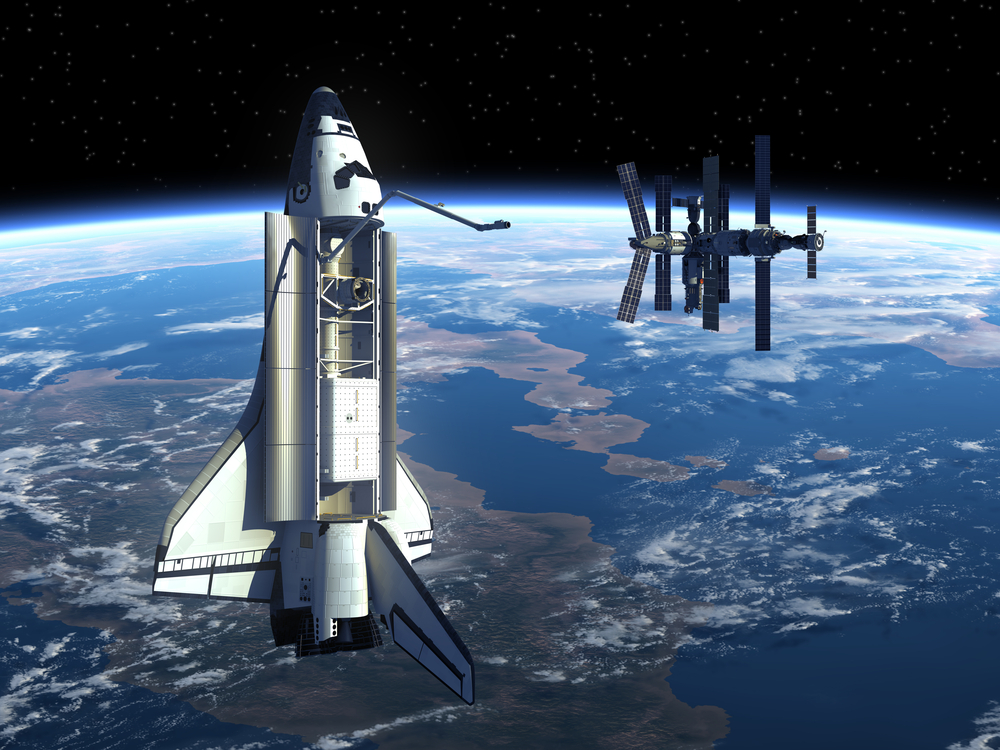
Research company COSM Advanced Manufacturing Systems LLC has been selected to design an electron beam 3D printing system for an in-space autonomous assembly program, funded by a contract from NASA's Langley Research Center.
COSM will reportedly join a team of companies in a public-private partnership to establish a ‘Commercial Infrastructure for Robotic Assembly and Services’ (CIRAS) in space. Plans are for the CIRAS program to improve key technologies for in-orbit manufacturing and assembly of large space structures that could help NASA meet its goals for robotic and human exploration of the solar system.
‘The assembly and fabrication of structures in space under autonomous robotic control, is of course extremely challenging,’ said Richard Comunale, founder and president of COSM. ‘Our effort focuses on development of the electron gun and optics and beam control and metrology systems for this application.’
This effort builds on COSM's collaboration with NASA to develop electron beams to perform additive manufacturing (3D printing) of metals for the space and aerospace industry, including: titanium, inconel and aluminium. The technology also provides in-situ metrology and adaptive process control for end users in large space, aerospace, and commercial applications.
This story is reprinted from material from COSM, with editorial changes made by Materials Today. The views expressed in this article do not necessarily represent those of Elsevier.





